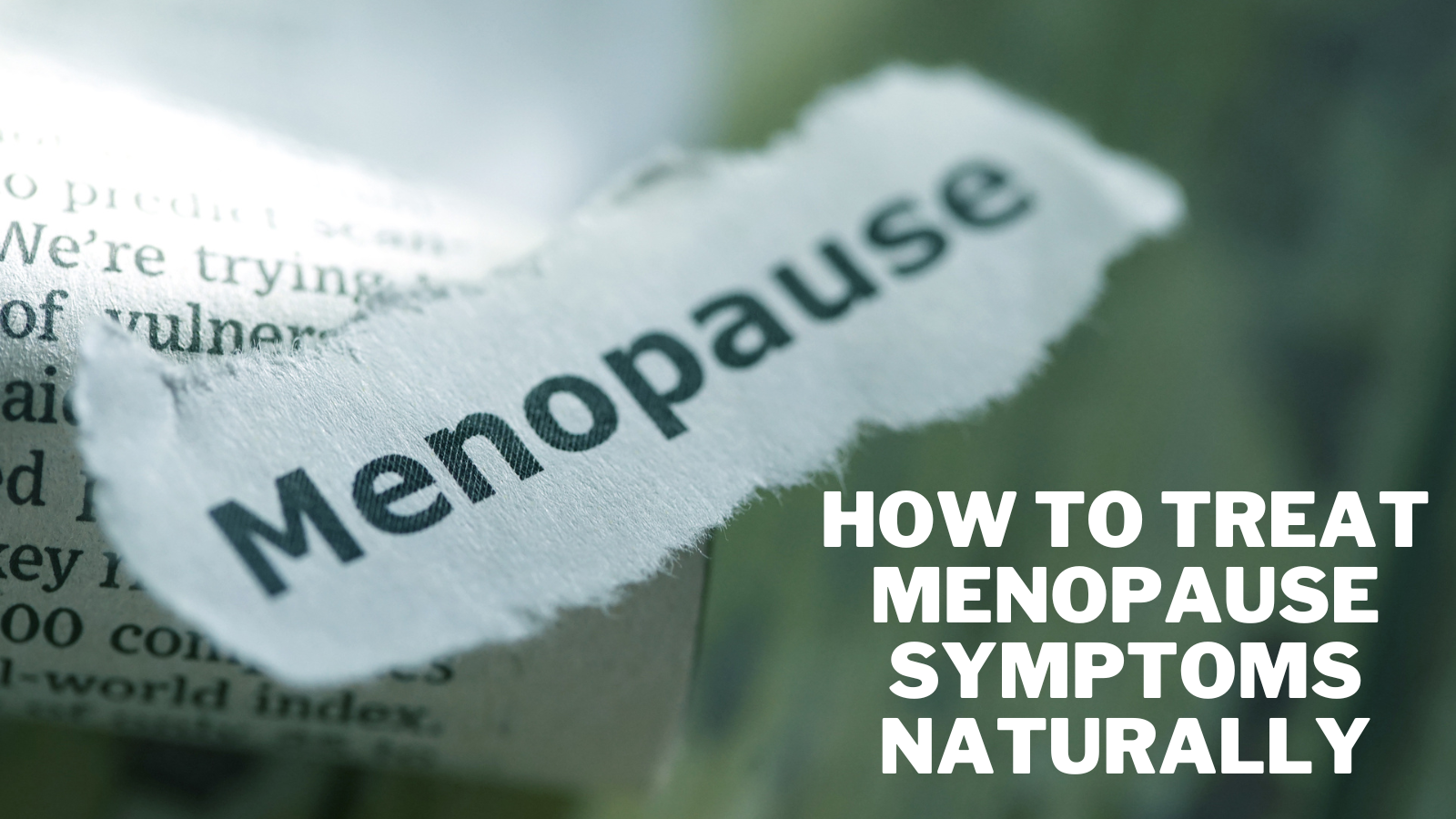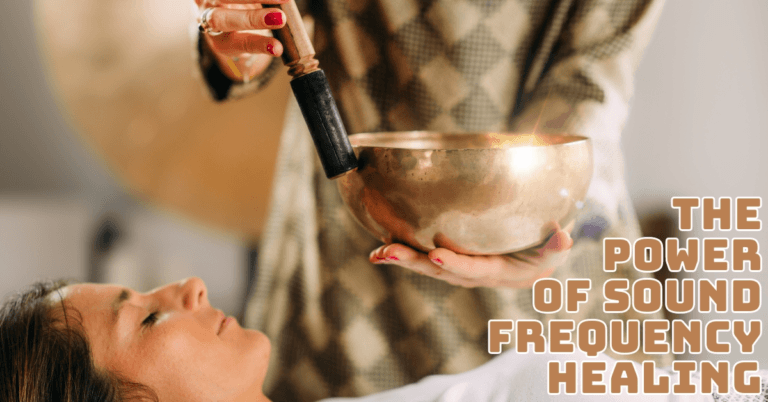How To Treat Menopause Symptoms Naturally
How To Treat Menopause Symptoms Naturally
Menopause is a natural biological process that marks the end of a woman's reproductive years and can come with various uncomfortable symptoms.
While hormone replacement therapy (HRT) is a popular treatment option, many women prefer to seek relief from menopause symptoms naturally.
In this blog post, we will explore some of the ways to treat menopause symptoms naturally, such as hot flashes, night sweats, vaginal dryness, mood changes, weight gain, and joint and muscle pain.
We will also discuss the benefits and risks of these natural remedies and provide tips on incorporating them into your daily routine.
Whether you're just starting to experience menopause symptoms or have been dealing with them for a while, this post will provide valuable information and practical solutions to help you find relief naturally.
What is Menopause: Menopause is a natural biological process that marks the end of a woman's reproductive years. It is the permanent cessation of menstrual periods and fertility.
The process typically begins in a woman's mid-40s and lasts several years. However, it can start as early as the mid-30s or as late as the mid-50s.
During menopause, a woman's ovaries gradually produce less estrogen and progesterone, the hormones that regulate the menstrual cycle.
As a result, menstrual periods may become irregular, lighter, or heavier and eventually stop altogether.
Along with the cessation of periods, menopause is associated with several physical and emotional symptoms, such as hot flashes, night sweats, vaginal dryness, mood changes, weight gain, and joint and muscle pain.
Menopause also increases the risk of certain health conditions, such as osteoporosis, heart disease, and type 2 diabetes.
Women need to talk with their healthcare providers about their symptoms and any concerns they may have.
Treatment options, such as hormone replacement therapy (HRT) and non-hormonal options, are available to relieve symptoms.
It's also important for women to maintain a healthy lifestyle during menopause by eating a well-balanced diet, doing regular physical activity, and avoiding smoking and excessive alcohol consumption, which can help to minimize symptoms and reduce the risk of health complications.
1. Consume Calcium And Vitamin D-Rich Foods
Calcium– and vitamin D-rich foods can help treat menopause symptoms naturally. Changes in hormones during menopause may weaken bones, increasing the risk of osteoporosis.
Calcium and vitamin D are vital for bone health, so make sure you receive enough of these in your diet. Vitamin D deficiency is linked to decreased hip fractures in postmenopausal individuals with weak bones.
Calcium is found in various foods, including dairy products such as yogurt, milk, and cheese. Kale, collard greens, and spinach are all calcium-rich green leafy vegetables.
It's also found in tofu, beans, sardines, and other foods. Calcium-fortified foods, such as cereals, fruit juice, and milk substitutes, are also excellent sources.
Because your skin manufactures vitamin D when exposed to the sun, sunlight is your primary source of vitamin D. As you age, your skin becomes less effective in producing it.
If you don't get enough sun or cover up your skin, taking a vitamin D supplement or eating more vitamin D-rich foods may be necessary. Oily fish, eggs, cod liver oil, and vitamin D-fortified meals are good sources.
2. Achieve And Maintain A Healthy Body Mass Index (BMI)
During menopause, it's usual to gain weight. Changes in hormones, age, lifestyle, and genetics may contribute to this. Increasing body fat, particularly around the waist, raises your risk of heart disease and diabetes.
Furthermore, your body weight may have an impact on your menopausal symptoms. In one research of 17,473 postmenopausal women, those who dropped at least 10 lbs (4.5 kg) or 10% of their body weight over a year were likelier to have hot flashes and night sweats disappear.
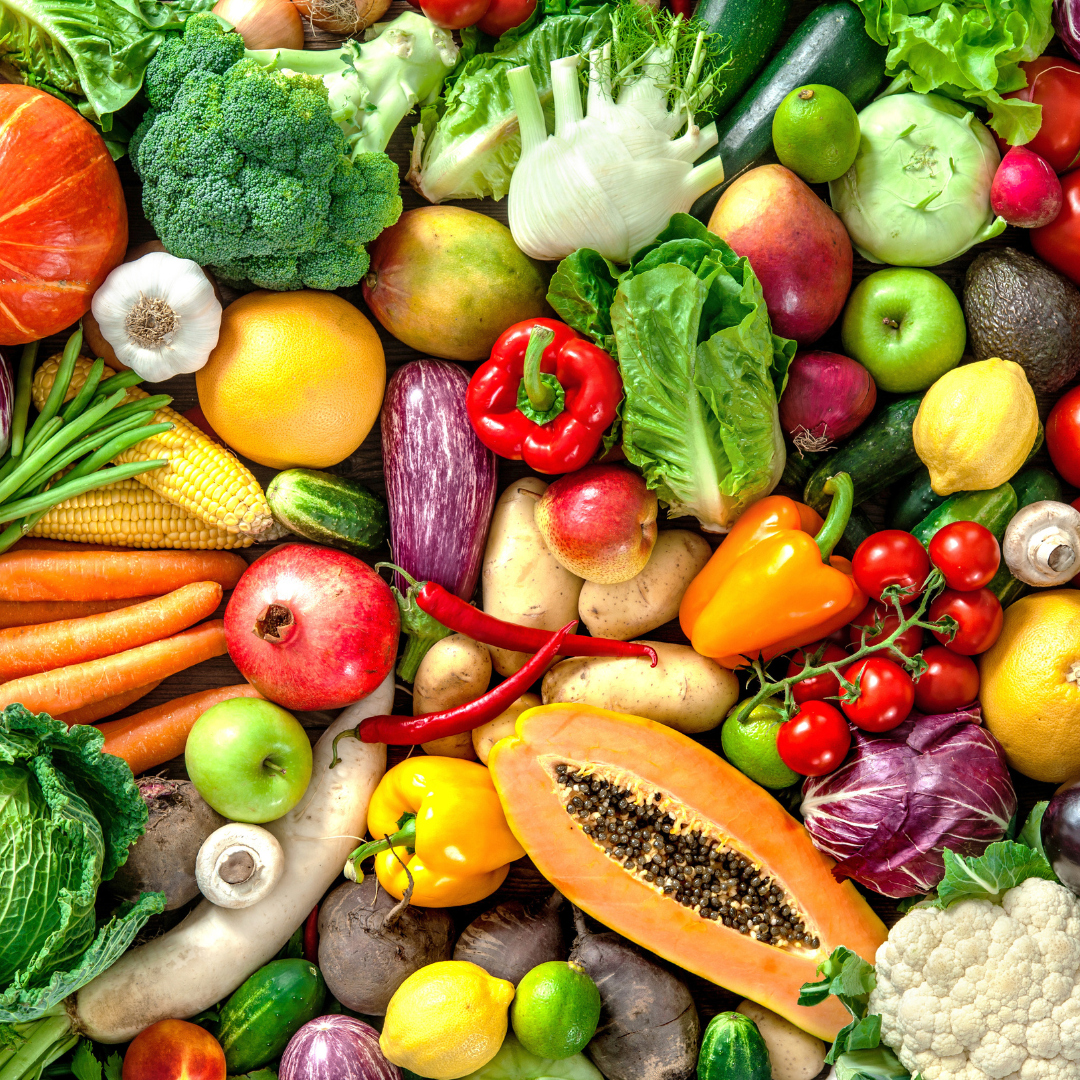
3. Consume A Variety Of Fruits And Vegetables
Fruits and vegetables can help to treat menopause symptoms naturally. A diet high in fruits and vegetables may assist in alleviating a variety of menopausal symptoms.
Fruits and vegetables are low in calories and may help you feel satisfied, making them ideal for weight reduction and maintenance. They may also aid in the prevention of a variety of illnesses, including heart disease.
This is significant since the risk of heart disease rises after menopause. This might be due to various circumstances, including growing older, gaining weight, or having lower estrogen levels.
Finally, fruits and vegetables may aid in bone preservation. Diets rich in fruits and vegetables may lead to decreased bone disintegration, according to a study of 3,236 women aged 50–59.
4. Stay Away From Foods That Make You Feel Triggered
Certain meals may trigger hot flashes, night sweats, and mood swings. They may be significantly more likely to trigger you when you consume them late at night.
Caffeine, alcohol, and sweet or spicy meals are all common causes. Keep track of your symptoms in a journal.
If you think certain foods are causing your menopausal symptoms, consider reducing or eliminating them from your diet.
5. Exercise Regularly
Regular exercise can help to treat menopause symptoms naturally. There is insufficient research on whether exercise may help with hot flashes and night sweats.
Other advantages of regular exercise, however, are supported by studies. Improved energy and metabolism, healthier joints and bones, less stress, and better sleep are just a few benefits.
One research discovered that exercising three hours per week for a year enhanced physical and mental health and overall quality of life in a group of menopausal women.
Cancer, heart disease, stroke, high blood pressure, type 2 diabetes, obesity, and osteoporosis are all linked to regular exercise.
6. Increase Your Intake Of Phytoestrogen-Rich Foods
Phytoestrogens are plant chemicals that can imitate the actions of estrogen in the body. As a result, they may aid with hormone balance.
The high consumption of phytoestrogens in Asian nations like Japan is regarded to be one of the reasons why menopausal women in these countries seldom get hot flashes.
Soybeans, soy products, tofu, tempeh, flaxseeds, linseeds, sesame seeds, and beans are all high in phytoestrogens. However, the amount of phytoestrogen in meals varies depending on how they are processed.
One research revealed that soy-rich diets were linked to lower cholesterol, blood pressure, and the intensity of hot flashes and night sweats in women approaching menopause.
However, the argument over whether soy products are healthy or not remains. Real dietary sources of phytoestrogens seem superior to supplements or processed meals containing soy protein.

7. Drink Plenty Of Water
Properly drinking water can help to treat menopause symptoms naturally. Women commonly suffer dryness throughout menopause.
The drop in estrogen levels is most likely to blame. These symptoms may be alleviated by drinking 8–12 glasses of water daily. Bloating caused by hormonal fluctuations may also be reduced by drinking water.
Furthermore, water may assist in preventing weight gain and improve weight reduction by making you feel full and slightly enhancing your metabolism.
Thirty minutes before a meal, drinking 17 oz (500 ml) of water will help you ingest 13 percent fewer calories.
8. Limit Your Intake Of Refined Sugar And Processed Foods
A diet strong in processed carbohydrates and sugar may induce rapid blood sugar spikes and drops, leaving you weary and irritated.
One research discovered that high-refined carbohydrate diets might raise the incidence of depression in postmenopausal women.
Processed food diets may also have an impact on bone health. According to extensive observational research, diets high in processed and snack foods were linked to poor bone health in women aged 50–59.

9. Don't Forget To Eat
When going through menopause, eating regularly is crucial. Irregular eating habits might exacerbate menopausal symptoms and make weight reduction more difficult.
Skipping meals was related to 4.3 percent less weight reduction in a year-long weight control program for postmenopausal women.
10. Consume Protein-Dense Foods
Protein consumption throughout the day may assist in preventing the loss of lean muscle mass as people age.
According to one research study, eating protein daily may help prevent muscle loss as people age.
High-protein diets may aid weight reduction by increasing satiety and the number of calories burnt and preventing muscle loss. Meat, fish, eggs, legumes, nuts, and dairy products are high in protein.
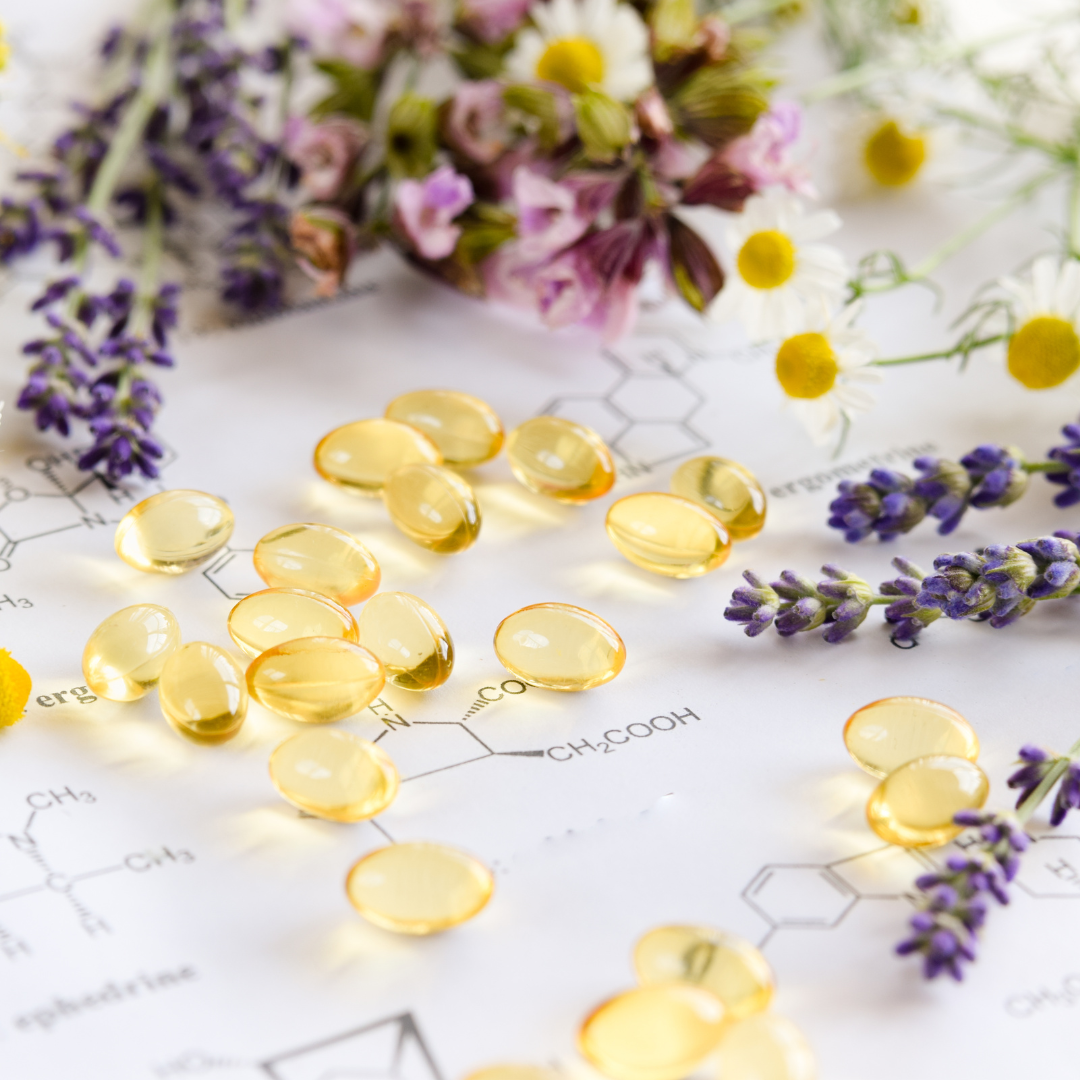
11. Include Natural Supplements In Your Diet
Some natural supplements can help to treat menopause symptoms naturally. Many women utilize natural treatments and cures to alleviate the symptoms of menopause.
Unfortunately, many of them are based on shaky data. The following are the most frequent natural supplements for minimizing menopausal symptoms:
1. Phytoestrogens
These phytoestrogens may be found in natural foods or supplements like red clover extracts. There is insufficient data to suggest symptom relief during menopause.
2. Black Cohosh
While some research suggests that black cohosh might help with hot flashes, the evidence is conflicting. Furthermore, long-term studies on the supplement's safety are scarce.
“While black cohosh may not be as successful as hormone replacement treatment [for hot flashes], it gives relief with much fewer negative effects,” says Megan Boucher, a naturopathic doctor in Georgetown, Ontario. The plant is also used to treat mood swings and sleep problems.
“It not only helps women fall asleep, but it also helps them remain asleep,” Boucher adds, citing two recent studies that support the use of the supplement as a sleep aid.
According to Boucher, the most effective dose used in studies is 40mg twice daily as a capsule or tablet.
“The majority of supplements include this dosage,” she explains. Please see your doctor before trying new supplements since they may interact with your prescriptions.
Other supplements: There is little evidence for the benefit of probiotics, prebiotics, kava, DHEA-S, Dong Quai, and evening primrose oil, among others.

3. Breathing Deeply
Defend yourself against those blazing heat flashes with… breath? According to research published in the journal Menopause, deep breathing helps reduce tiredness and enhances sleep and mood.
Hot flushes were reduced by 52 percent in study participants who conducted the sequence of inhales and exhales twice a day; those who did it once a day had a 42 percent drop.
“Paced breathing is a simple method that anybody, anywhere, may do to aid with menopausal symptoms,” explains Betsy Greenleaf, an osteopathic physician at Hackensack Meridian Health System in Rumson, New Jersey.
Slow your breathing to six breaths per minute (inhaling to a count of five and exhaling to a count of five) for 15 minutes twice a day to give it a try.
4. Acupuncture
If you've never tried acupuncture before, now is the time to do so since studies show that it may assist with hot flashes and night sweats.
According to Wake Forest Baptist Medical Center research, the maximum improvement appears after eight sessions, and the benefits endure for six months.
According to Nancy Avis, a Wake Forest School of Medicine professor and the study's primary author, the advantage was also without adverse effects.
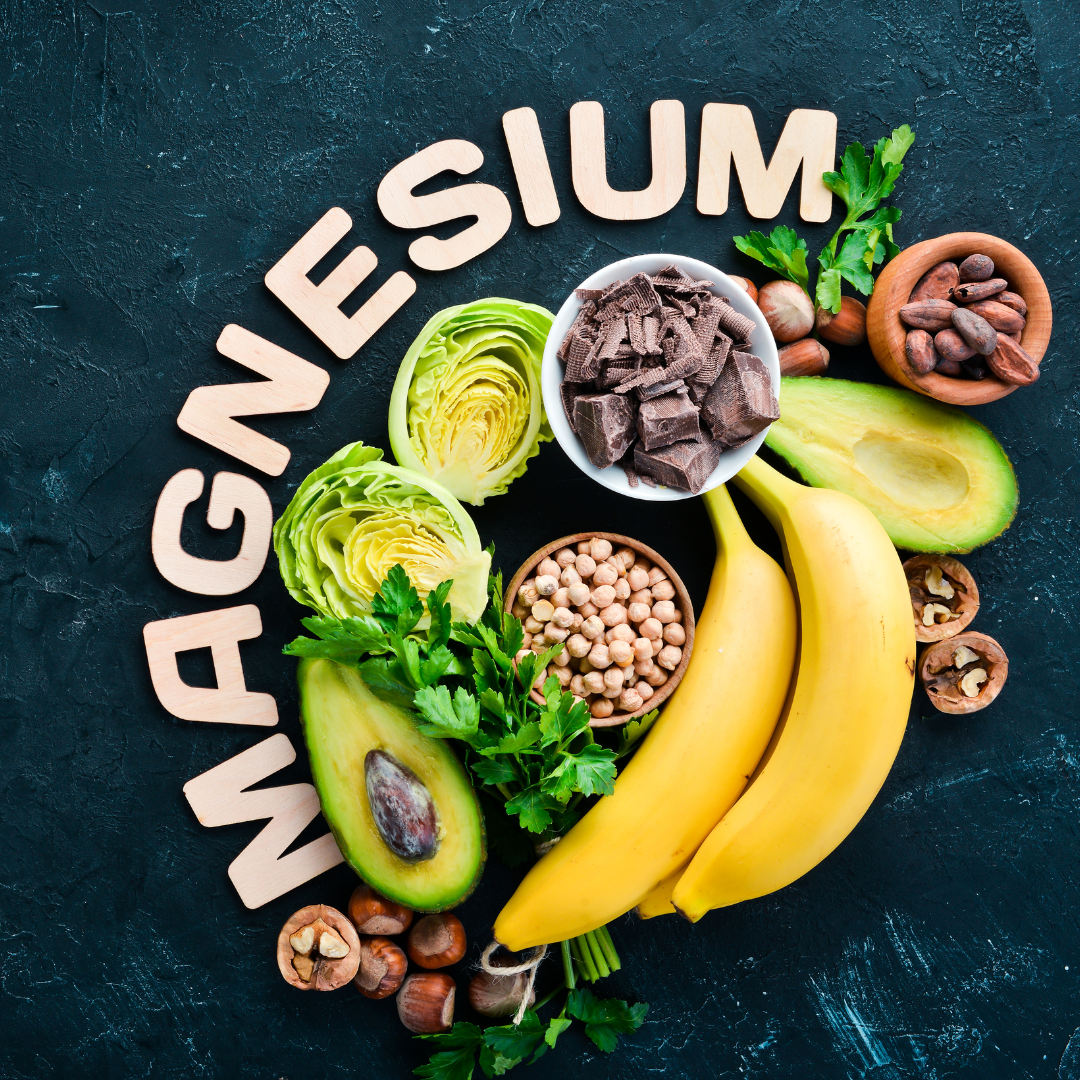
5. Magnesium
According to naturopath Carolyn Dean, author of Menopause Naturally, more than 75% of women are weak in this mineral, which has been reduced in our soils and foods owing to contemporary agricultural techniques and food processing.
Because magnesium, often known as the “anti-stress, anti-anxiety mineral,” has been found to lessen hot flashes and enhance serotonin levels to improve mood, menopause may be a good time to start supplementing.
“Numerous studies have also shown its efficacy in promoting deeper, more peaceful sleep,” Dean adds. Magnesium citrate powder at 700 mg per day is a good goal.
6. Fatty Fish
A high diet of fatty fish like salmon or sardines seems to postpone the onset of menopause by 3.3 years per part per day, according to a study of 914 women published this spring in the Journal of Epidemiology and Community Health.
Similarly, high consumption of beans postponed the start of menopause by about a year for each amount consumed per day. What should you avoid eating?
More refined pasta and rice consumption resulted in menopause coming 1.5 years sooner on average.
Lifestyle measures, including natural therapies for symptoms like hot flashes, may manage menopause.
Everyone goes through menopause differently, and some natural remedies may help you feel better, while others may not.
Furthermore, certain natural therapies may assist with more than one symptom of menopause, which may affect your experience.
This page highlights typical natural remedies for menopausal symptoms and the fact that some aren't effective. Discuss your symptoms with your doctor and see if these options are appropriate.
7. Memory Issues
Trying to recollect a word or name on the tip of your tongue that won't come out is irritating. As you prepare to leave home, forgetting where you left your vehicle keys or where you put your spectacles might drive you insane.
Does this ring a bell? As they approach perimenopause, many women begin to develop memory lapses.
This might be because there are so many things to remember, but there are things you can do to keep your memory fresh.

8. Getting Adequate Sleep
Your brain needs proper sleep to process memories. Sleep restores your body's equilibrium and allows it to recuperate from the day's stressors.
If you get enough sleep, your body will perform more effectively in every manner. For a variety of causes, menopause may cause sleep disturbances:
- Hot flashes may disrupt sleep.
- Gaining weight raises your risk of obstructive sleep apnea.
- Increased urine frequency might keep you awake at night.
- Age-related medical conditions, such as arthritis, can cause discomfort at night.
Pay particular attention to obtaining adequate sleep, as this might assist you in avoiding memory issues. Make sure you get enough sleep and avoid coffee and alcohol before bed.
9. Stress Reduction
Stress is a powerful memory thief. Pay attention to your stress level if you have problems focusing or remembering ordinary tasks. According to research, even short-term stress has been shown to affect learning and memory.
Increased job duties, raising teens, divorce, sickness, and taking care of aged parents, to mention a few, are all possible problems during the menopausal transition.
Stress might sometimes make it difficult to sleep. It is a survival skill to take care of oneself and reduce stress. Memory issues might be an early warning sign that your stress level is rising.

10. Practice Mindfulness
Mindfulness training is an exercise that teaches individuals to pay attention to their moods and bodily sensations to control their thoughts.
Though research is sparse, including mindfulness has been demonstrated to lower the severity of hot flashes and enhance anxiety and depression symptoms and sleep quality.
11. Drink Plenty Of Green Tea
Green tea consumption has been linked to various health advantages, including reducing inflammation and improving the immune system.
Green tea is now linked to preventing memory decline studies. It is thought to be safe and widely accessible.
Because it contains caffeine, it is recommended to avoid it in the late afternoon or evening when you're trying to sleep.
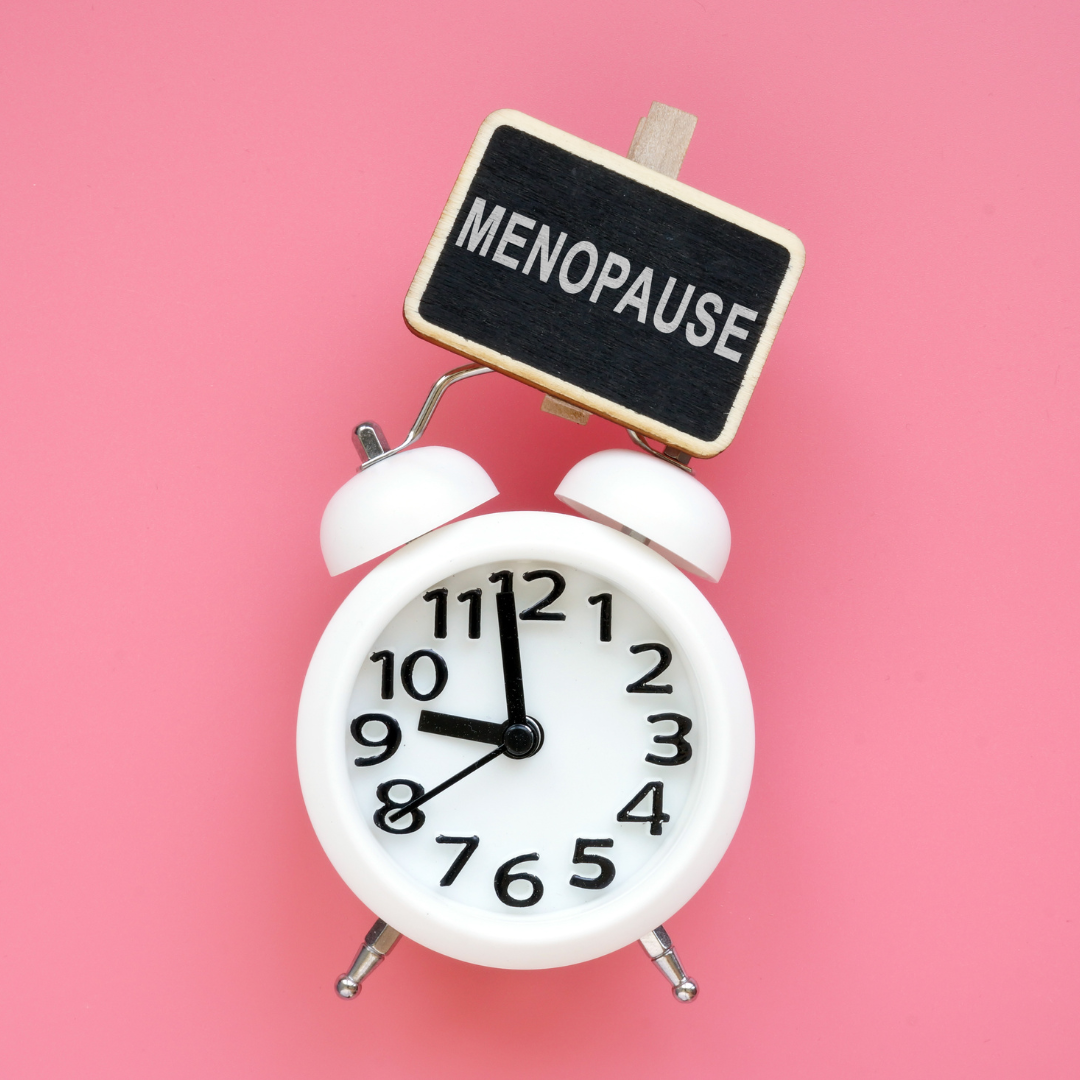
Conclusion
Menopause isn't a disease. It's an unavoidable aspect of life. Though the symptoms might sometimes be difficult to manage, following a healthy diet and exercising consistently can help to reduce and avoid them.
Experiment with the suggestions above to make life simpler and more pleasurable throughout menopause and beyond.
Hot flashes, trouble sleeping, and discomfort during sex are common symptoms in the months leading up to menopause.
They may use natural approaches to assist in controlling their symptoms, such as exercising and changing their diet.
Menopause occurs 12 months following a person's last period, according to the National Institute on Aging (NIA).
The period preceding menopause is known as perimenopause. This is when individuals begin to notice symptoms for the first time.
The varying amounts of progesterone and estrogen cause these symptoms. Although hormone replacement treatment (HRT) may assist with these symptoms, alternative therapies can also be used.
I trust you enjoyed this article on How To Treat Menopause Symptoms Naturally. Please stay tuned for more blog posts to come shortly. Take care!
JeannetteZ
>>>Please click here to read my all-inclusive article about A Comprehensive Guide To Healing Naturally<<<
>>>Are you interested in Natural Healing through Herbs? Please click here for my #1 Recommendation<<<
Your Opinion Is Important To Me
Thoughts? Ideas? Questions? I would love to hear from you. Please leave me your questions, experience, and remarks about this article on How To Treat Menopause Symptoms Naturally in the comments section below. You can also reach me by email at Jeannette@Close-To-Nature.org.
Disclosure
This post may contain affiliate links. As an Amazon Associate and other affiliate programs, I earn from qualifying purchases at no extra cost to you. Read my full affiliate disclosure.
You might also enjoy these blog posts:
The Ultimate Guide To Chakra Balancing
Ancient Therapy Of Fasting And Its Benefits
The Ultimate Guide To Crystal Healing
An Overview Of Reiki Energy Healing

